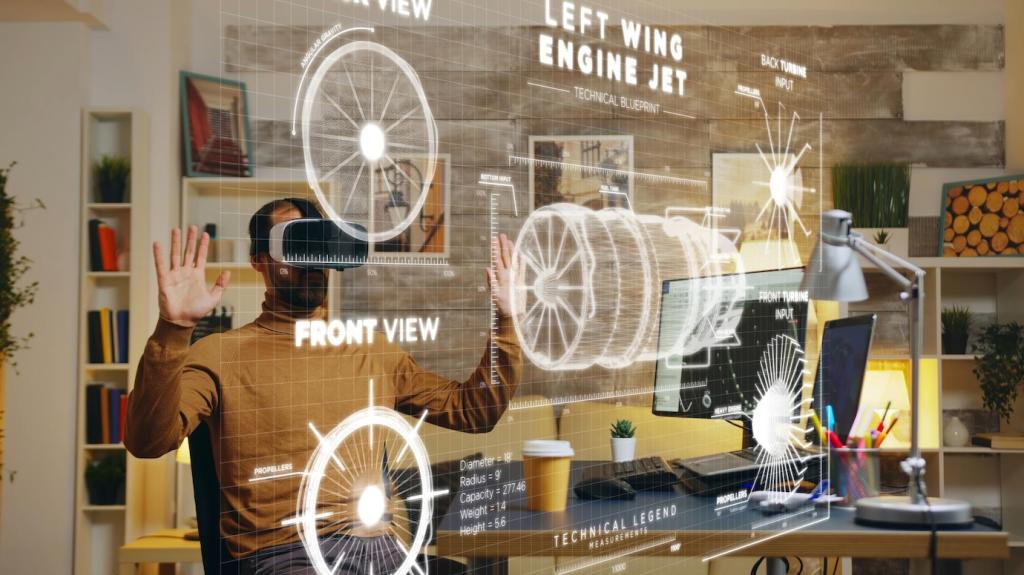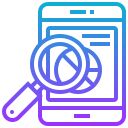Selected theme: Popular Digital Encyclopedia Platforms. Join us for a friendly, inspiring tour through the living libraries of the web—where communities, experts, and curious minds build, refine, and share knowledge every day. Subscribe for thoughtful deep dives and add your voice to the conversation.
Mapping the Landscape of Popular Digital Encyclopedia Platforms
From Print Shelves to Infinite Scroll
What once lived in heavy volumes now thrives online, updated in minutes instead of decades. Popular digital encyclopedia platforms replaced dust and index cards with search bars, hyperlinks, and living footnotes, making global curiosity easier to satisfy than ever.
The Big Names You Already Use
Think Wikipedia’s expansive, community-driven coverage; Britannica’s expert-curated authority; and Baidu Baike’s massive, Mandarin-language reach. Together, these platforms shape how billions encounter information, from quick definitions to deep, contextual histories and evolving scholarly references.
Why These Platforms Endure
They endure because they meet us where curiosity begins: fast answers, credible sources, and paths to go deeper. Network effects, transparent revision histories, and rich citations keep users returning, while communities and editors continuously refine quality in public view.
Reliability, Editing Models, and How Trust Is Built
Wikipedia’s model invites broad participation with strong norms: verifiability, reliable sourcing, and neutral tone. Watchlists, talk pages, bots, and volunteer moderators help keep content stable, while citations create a trail that readers can audit and scholars can challenge.


Search, Discovery, and User Experience That Keep Us Reading
Autosuggestions, disambiguation pages, and well-tuned internal search help readers land on the right topic quickly. Smart redirects and category structures guide exploration, while clear summaries at the top of articles reduce friction for learners who need answers in seconds.
More Than Just Text
Images, audio pronunciations, video clips, and diagrams contextualize complex topics. Media repositories with clear licensing, like Wikimedia Commons, enable reuse and verification, ensuring facts are anchored to visual evidence and expert sources, not just elegant paragraphs and persuasive prose.
Infoboxes, Wikidata, and Knowledge Graphs
Structured fields summarize key facts—dates, names, coordinates—powering infoboxes and feeding knowledge panels across the web. Wikidata’s machine-readable backbone helps popular digital encyclopedia platforms keep facts consistent, enabling researchers and developers to build tools grounded in shared, verifiable data.
Interactive Maps, Timelines, and Visual Layers
Geotagged entries, timeline overlays, and interactive charts turn reading into exploration. Visual layers help users compare events, trace routes, and spot patterns, making complex histories and scientific topics easier to grasp without sacrificing citation rigor or editorial transparency.
Classrooms, Libraries, and Everyday Learning
Teachers’ Changing Stance
Once discouraged, popular digital encyclopedia platforms are now used to teach research literacy. Educators show students how to check references, compare versions, and weigh editorial notes—turning quick lookups into lessons on bias, scope, and the craft of reliable writing.
Students as Contributors
Edit-a-thons invite students to improve underrepresented topics, cite primary sources, and learn the etiquette of collaborative knowledge. The pride of seeing their work live—reviewed, debated, and refined—builds confidence while improving the public commons for millions of future readers.
Citations, Integrity, and Better Habits
Good research habits start with triangulation. Students learn to treat encyclopedia entries as launchpads, not endpoints: follow citations, verify claims, and record sources. Share your classroom success stories, or subscribe for more practical activities using popular digital encyclopedia platforms.
Global Reach, Language Diversity, and Community Stories
01
Multilingual Miracles
Hundreds of language editions flourish, each with culture-specific coverage and local sourcing norms. Popular digital encyclopedia platforms are not just translations; they are parallel knowledge communities that reflect distinct priorities, identities, and histories shaped by their contributors and readers.
02
Regional Powerhouses and Local Nuance
Baidu Baike serves Mandarin audiences with immense scale, while localized Wikipedia communities adapt policies for context and coverage. These ecosystems thrive when policies, sourcing, and tone reflect local realities, ensuring relevance without compromising verifiability or community accountability.
03
Your Turn: Share, Subscribe, Participate
Have a favorite platform, a memorable edit, or a tip for better research? Tell us in the comments, suggest topics we should cover next, and subscribe for interviews with editors, case studies, and behind-the-scenes stories from popular digital encyclopedia platforms.
